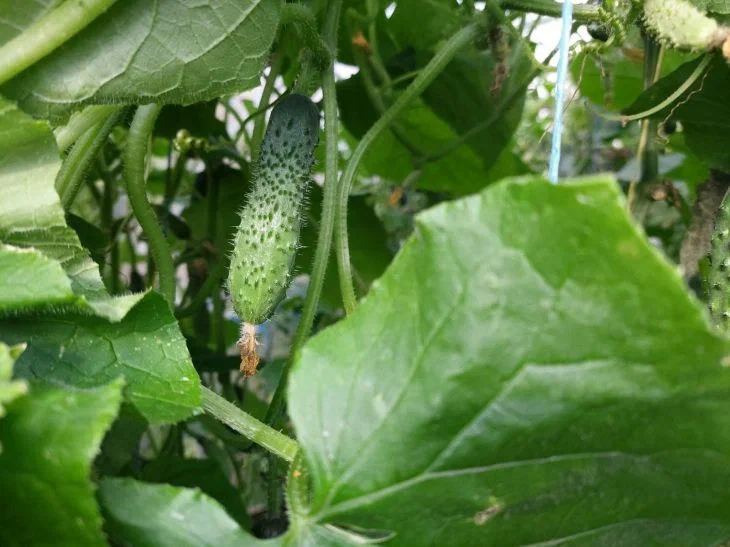If you don't want to have to contend with aphids, try to avoid overcrowding your plantings.
In addition, as a preventive measure, the expert of the online publication BelNovosti, agronomist, landscape designer Anastasia Kovrizhnykh advises to fight ants in a timely manner, which, as is known, are carriers of aphids.
Plants should also be fed in moderation - due to their excess, the shoots and leaf blades of crops become softer, and therefore more attractive to aphids.
Also, don't forget to regularly weed, collect fallen leaves, and inspect plants.
If preventive measures fail to protect your plants from voracious pests, you should immediately begin to fight aphids.

Manual destruction
This method is only suitable in situations where the aphid infestation is small.
You should put on rubber gloves and destroy the parasitic colonies manually, removing any affected leaves or other plant parts.
It is better to eliminate plant residues using fire.
Strong stream of water
Water, released under strong pressure, is quite capable of dealing with aphid settlements.
Please note: this method can only be used with mature and well-rooted plants. Young plants may not recover from this treatment.
Beneficial insects
Your helpers in the fight against aphids are ladybugs, lacewings and the gall midge Aphidimiza, which devour these parasites (and not only them).
To attract beneficial bugs, plant dill, oregano, fennel, yarrow, clover, and other plants in your garden.
Garlic and onion
The smell of these plants is unpleasant to aphids, so plant them near tomatoes and other crops.
Soap
You can spray the plants affected by aphids with a solution of soap or dishwashing liquid. Soap destroys the wax coating on the insects' bodies, causing them to dehydrate, and leading to the death of the aphids. To prepare the product, mix 2-3 tablespoons of the product with 1 liter of water.









